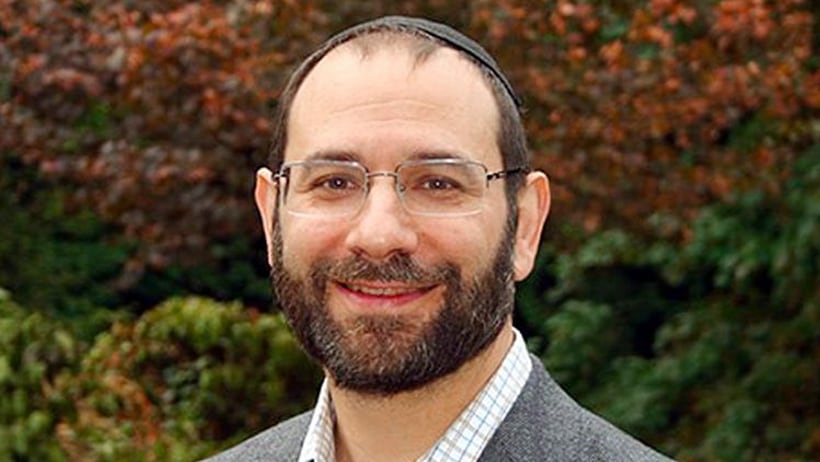Oasis Songs: Musings from Rav D
Friday, June 26, 2020 / 4 Tammuz 5780
THROUGH A LENS OF FIRE: Hasidic Insights on the Torah continues on Wednesday July 1st at 12:30 pm. Please check the CNS calendar for the most up to date Zoom link.
Summary: In this week’s Oasis Songs, we will look at the story of Korach and try to figure out what he did wrong by examining some different commentaries—all with the goal of seeing how Korach’s story can help us during these challenging times.
I want to discuss one sentence in our weekly Torah parshah which is missing a direct object. The verse says simply, “And Korach took.” It neglects to tell us what he took. An attentive reader keeps waiting for the sentence to finish. “What did he take? Tell me, I can’t stand the suspense!” Our ancestors, ever mindful of such slight grammatical problems, scurried to uncover God’s presence and the hidden meaning in this anomaly.

As a reminder, Korach and a band of rebels challenge Moshe’s authority on some trumped up and morally high-sounding rationalizations. They claim Moses believes he is holier than others whereas everyone is equal. Sounds reasonable, right? Except that the earth opens and swallows them up, a pretty clear sign that God isn’t buying their argument.
But what exactly did Korach take?
Sforno (1475-1550) and Or HaChayim (1696-1743) read it in a natural way. Korach took a couple hundred people to Moses to wrest power from him.
Others say he took a tallit that was all sky blue and used it to challenge Moses on a small ritual question, “does an all blue tallit also need fringes with a string of blue in it?”
In each case, he took something or someone with him to stage a rebellion.
According to Numbers Rabbah, a collection of midrashic interpretations from the 12th century, “Korach foresaw a chain of greatness coming from him.” Meaning his descendants would all be important leaders. From that vision, he took permission to challenge Moshe’s leadership to bring about his own vision.
In each case, most of our classic commentators view whatever he took as a ruse to take control.
But in the Mei Hashiloach, the Ishbitzer rabbi (1801-1854) offers a different understanding, based on the midrash above. He argues that Korach became rather prideful of his vision, believing even that God considered him the greatest.
In other words, Korach’s real sin is that he took himself too seriously.
I suspect that’s something most of us have a tendency to do. We privilege our thoughts, emotions or desires because we experience them directly, whereas we only come to know other people’s thoughts, emotions and desires at more of a remove—by talking with them, reading their body language, or allowing our compassion to reveal a bit more of their inner life.
During this quarantine, lots of people are spending more time with their thoughts and emotions. There’s a lot more internal pain that people are experiencing as a consequence, and it is wearing down people’s resilience. It’s really easy to take ourselves too seriously under these circumstances.
Perhaps the best antidote is to reach out to others. Taking their concerns more seriously often helps us take ourselves less seriously.
Shabbat shalom,
Rav D
Shabbat Table Talk
- What do you think Korach took?
- When have you blamed someone else for some sort of moral flaw that is actually your issue?
- When do you tend to take yourself too seriously? When do you need to take yourself more seriously?
If you’d like to continue this discussion, follow this link to CNS’s Facebook page to share your own perspectives on the topics raised in this week’s Oasis Songs. Comments will be moderated as necessary.



